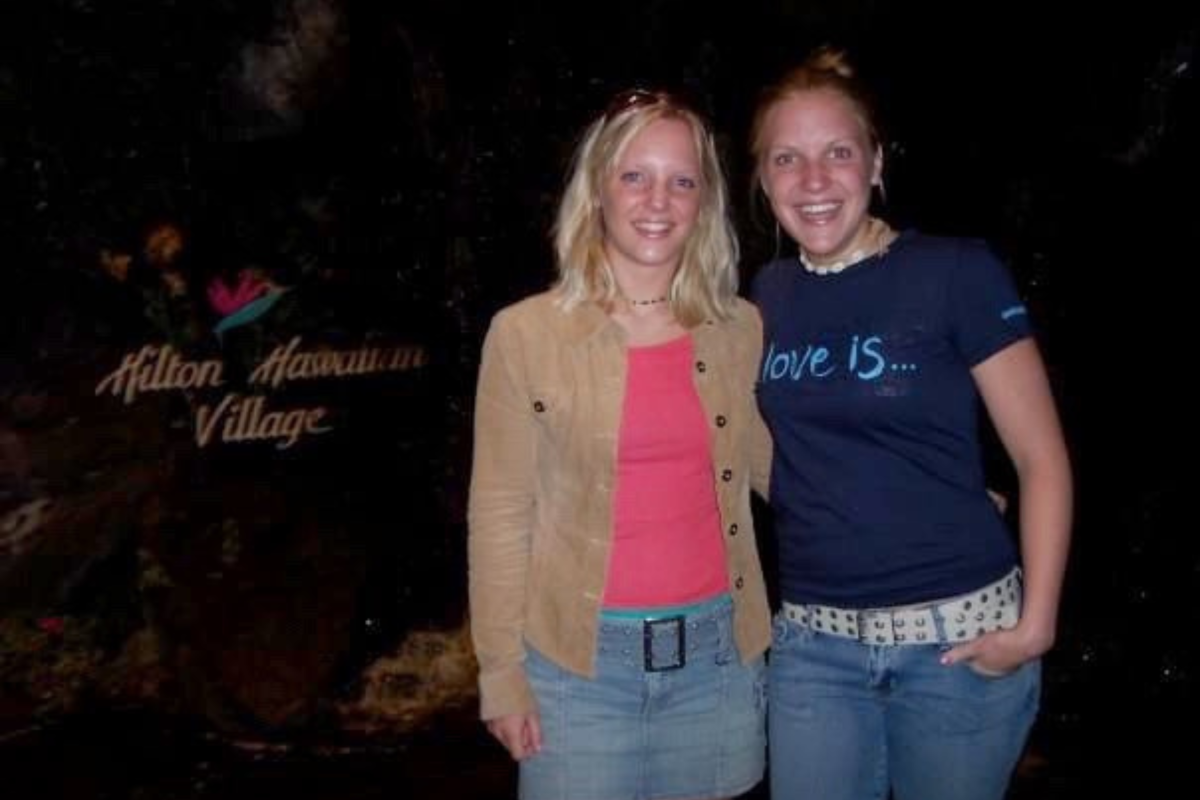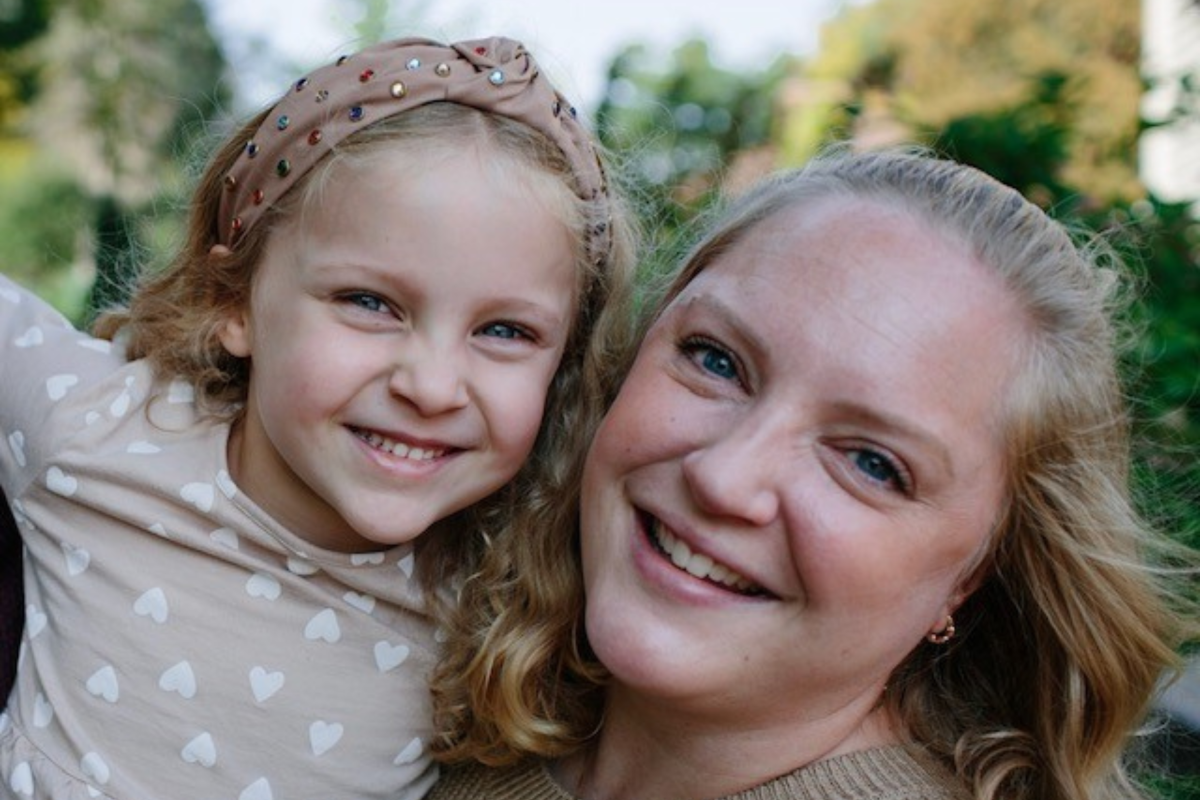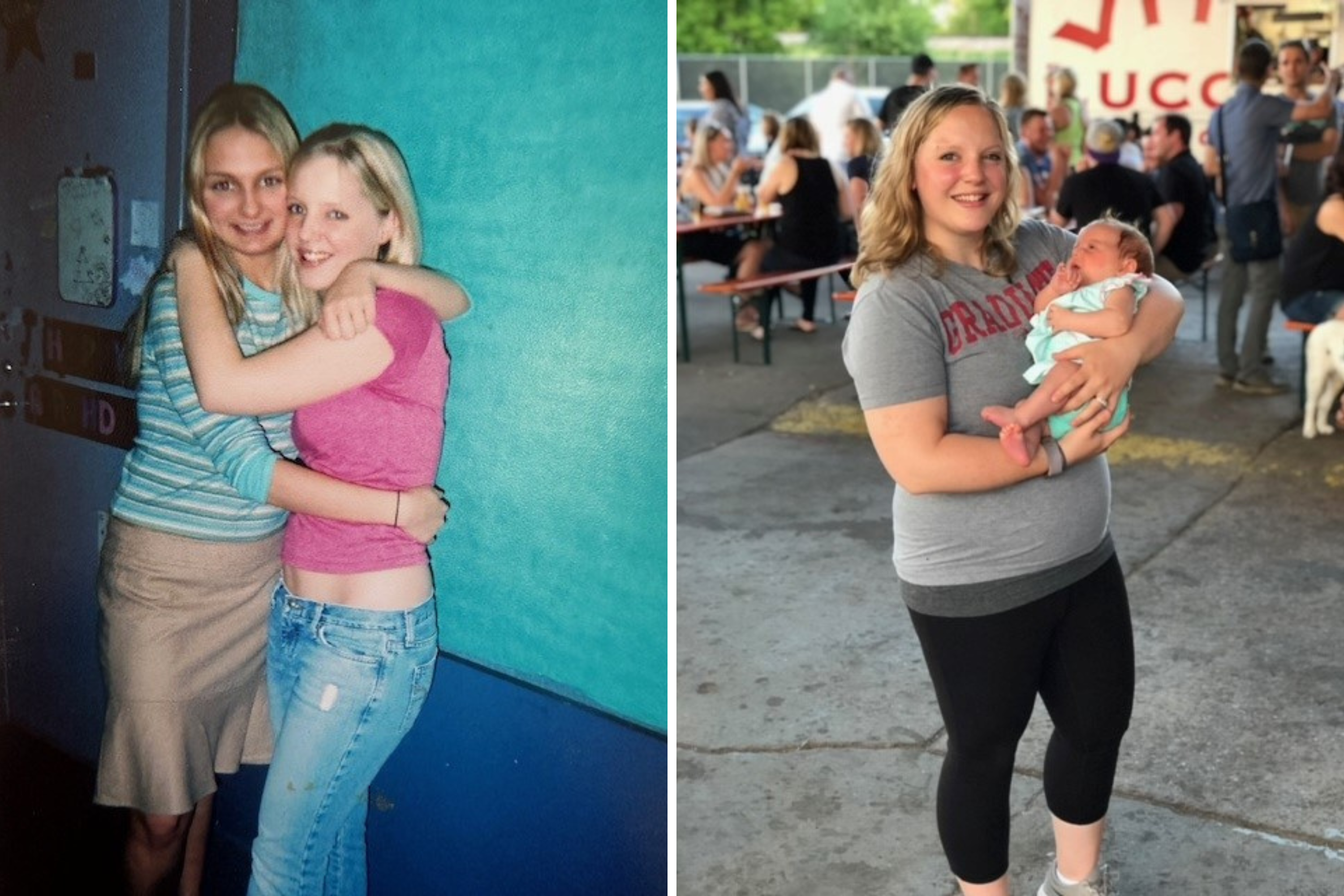Starting college is often a thrilling adventure for most young adults, but for Kezia Reeder, it was the beginning of a struggle. Although she excelled academically and socially at Hamline University in Minnesota, her experience was marred by an eating disorder that took root during her freshman year.
Reeder, a Michigan native, found herself overwhelmed by the new college environment and the newfound freedom of food access. What began as gradual weight loss led to compliments from peers, inadvertently fueling her unhealthy behaviors. It wasn’t until a visit home that her family recognized the alarming change in her, compelling her to seek professional help. Though initially in denial, she started treatment at The Emily Program, receiving a diagnosis of Eating Disorder Not Otherwise Specified (EDNOS).

Throughout her college years, Reeder cycled through treatment, grappling with her eating disorder and the necessity of recovery. In her senior year, her treatment became more intensive, including both inpatient and outpatient care. Years later, while advocating in Washington D.C. with the Eating Disorders Coalition, she learned alarming statistics: a life is lost every 52 minutes to these disorders in America. Motivated to transform her life, she aspired to start a family someday.
Almost a decade into her recovery, Reeder became pregnant and was transparent with her medical team about her history with disordered eating, requesting not to disclose her weight unless it was a health emergency. Research indicates that eating disorders during pregnancy often go unrecognized due to stigma and symptom overlap, something Reeder was acutely aware of. “I didn’t want to give room for those unhealthy thoughts,” she explained.
While Reeder practiced mindful eating during her pregnancy, the postpartum period presented new challenges, especially with societal pressures to “bounce back” after childbirth. She faced intrusive thoughts about restricting her food intake but bravely shared these feelings with others to combat them.

A 2020 study corroborated her concerns, noting higher risks of eating disorder relapse and postpartum depression, highlighting the need for vigilant monitoring of these issues during and after pregnancy. Now a mother to a six-year-old daughter, Reeder is committed to fostering a positive body image within her family. She actively works as a volunteer lobbyist for the EDC, pushing for greater funding for eating disorder research.
“I received the help I needed, but so many people still struggle and don’t have access to care. I want to be a voice for those who can’t speak up,” she stated. Kezia Reeder’s journey emphasizes the importance of support and advocacy in the ongoing fight against eating disorders.

